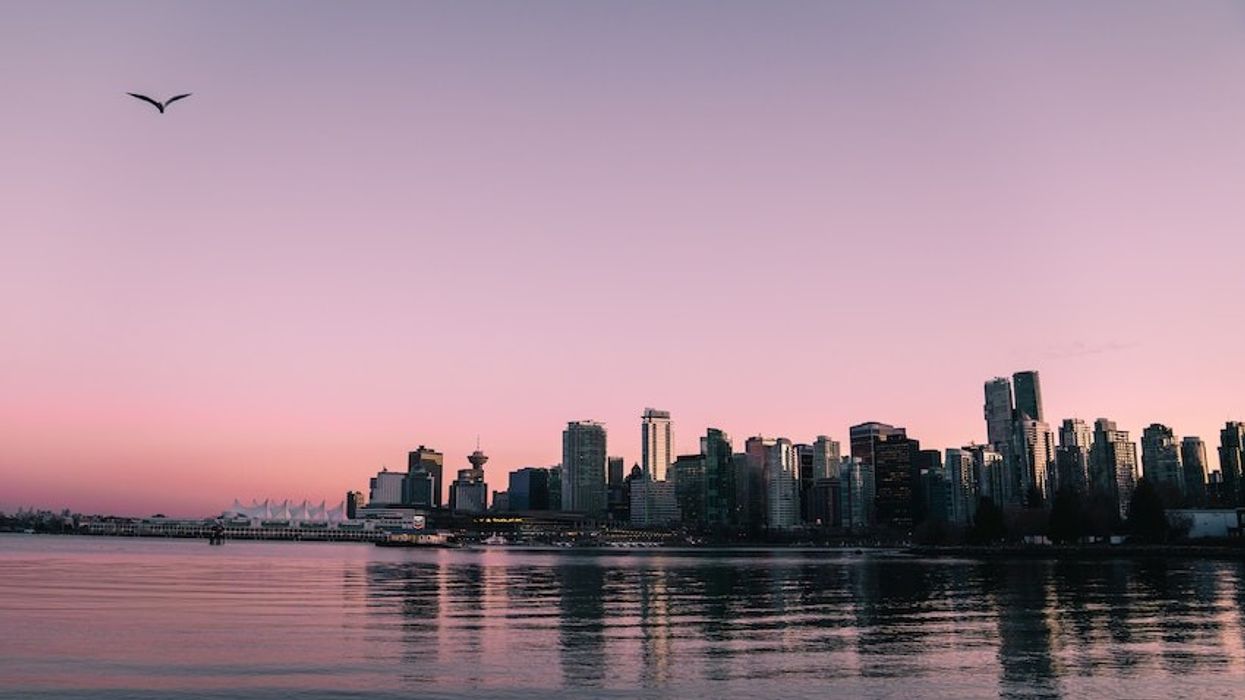There’s a lot happening in Metro Vancouver’s pre-construction market right now, and it’s undeniably difficult to parse rumour, speculation, and panic from what’s actually going down.
Today, on the heels of our last article – in which we explored housing supply and the impact of this past year’s delayed new home project launches – we at AVESDO are diving even more deeply into our system’s data to uncover the truth about prices in the new home market.
Some Background
First, let’s explain why we’re analyzing price-related data.
When it comes to assessing price appreciation or decline, the health of a presale market, and any associated closing risks, month-to-month resale metrics that track rises and falls from a given “peak point” can be very misleading. To understand these ideas within the new home market, you have to compare data from the start of a project’s sales through to the end of construction, when a buyer needs to complete their sale and realize any gain or loss.
So, we’ve done just that.
Referring to our system’s data, our team analyzed sales from comparable towers in two different Metro Vancouver markets to determine the difference between what a buyer paid at the time of sales and what their purchase would be worth at completion today.
READ: Sound and Fury: Pre-Con Data Deep-Dive Reveals Market Challenges (and Wins)
The ultimate question through this process is: do presale purchasers stand to make – or to lose – money on completion in the present day? Depending on the answer to this inquiry, we can conclude whether the market is up or down, and also make reasonable assumptions about closing risk.
Coquitlam
The first comparison was made in Coquitlam. Here, we compared a tower that launched in January 2020 with a comparable tower that launched in the second half of 2022. We looked at sold units of the same size, on the same floor, with the same specs and amenities, and with similar views.
In this case, a 20th floor two-bedroom condo under 850 sq. ft sold for around $700,000 in 2020, with a 20% deposit of $140,000.
Comparatively, the same unit would see an October 2022 sale come in around $825,000. That $125k gain translates to an ~18% increase in price in the span of two years, and an 89% gain over the buyer’s invested deposit.
Not bad for a unit that wouldn’t be considered particularly attractive to investors.
Surrey
Our second example looked at smaller one-bedroom units in Surrey. This area in particular has long been a hotbed for investors, but was dramatically impacted in the 2008 downturn, when it was accused of being a high-risk volatile market.
Our recent data suggests otherwise.
We compared two ~450 sq. ft units, on the same floor and with the same view orientation, from a January 2019 launch with imminent closings from a recent 2022 presale. Three years ago, these units traded just under $400,000; at 20% deposits, those purchasers invested $80,000. Recently, sales have hovered around $525,000, making their gain $125,000 – or 150% of their investment… in just three years.
With gains ranging from 89-150% within the span of construction, there’s no argument: these buyers will have made money, and it would be very difficult to say their real estate purchase is “down.” In addition, given these gains, it is very unlikely for a buyer to attempt to default on their contract.
Is this really what a housing crash looks like? From a presale perspective, could anyone reasonably argue “the market is down”?
Final Thoughts
When reviewing recent data from the REBGV, for example, it’s not difficult to be swept away by the descriptions of decreased Y-O-Y sales or lowered month-over-month prices. But industry insiders know: real estate – and new home development in particular – is a long game, and comparisons between astronomical mid-COVID activity and today’s more typical market don’t simply can’t lead to reality-rooted conclusions.
As we (thankfully) look ahead to more normalcy, investors and end-users alike are wise to keep their heads clear of skewed perspectives, and trust in the reliability of real estate’s value.
If you’re waiting for big price drops, they are unlikely to materialize, and you may just find yourself perpetually on the sidelines as the cost of housing continues to inflate… just like everything else.





















